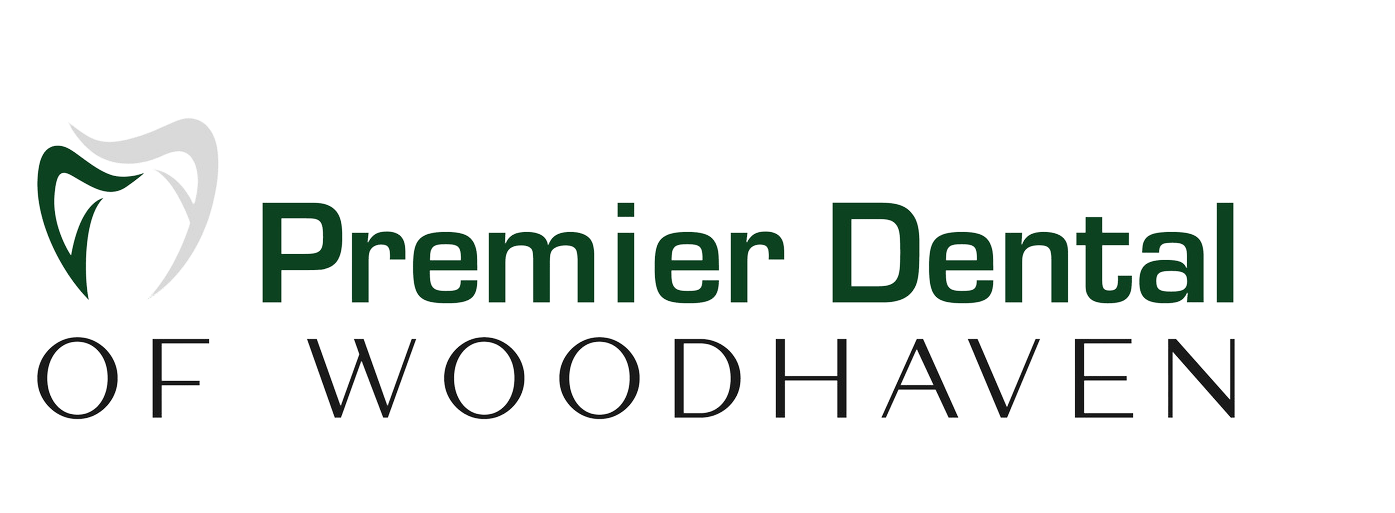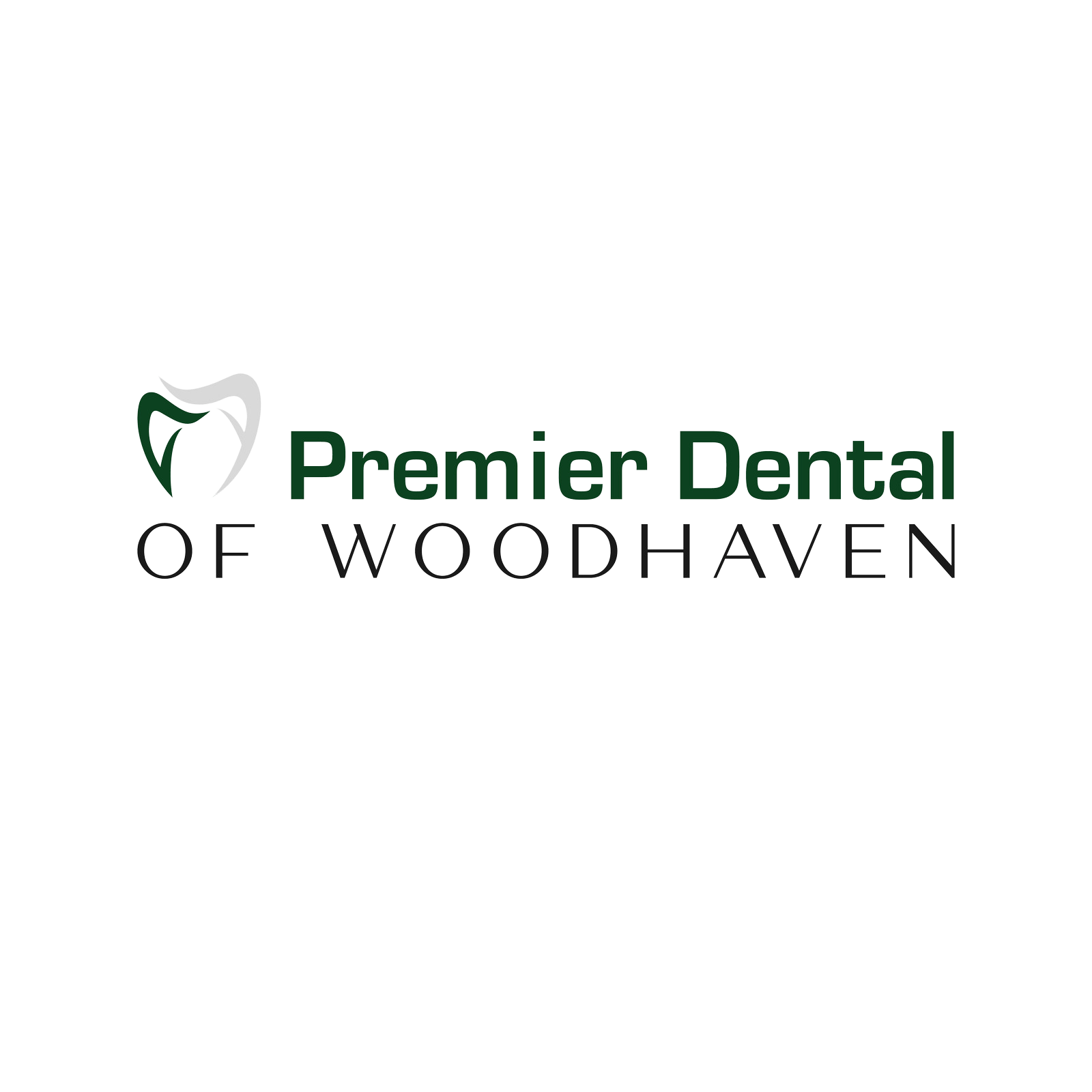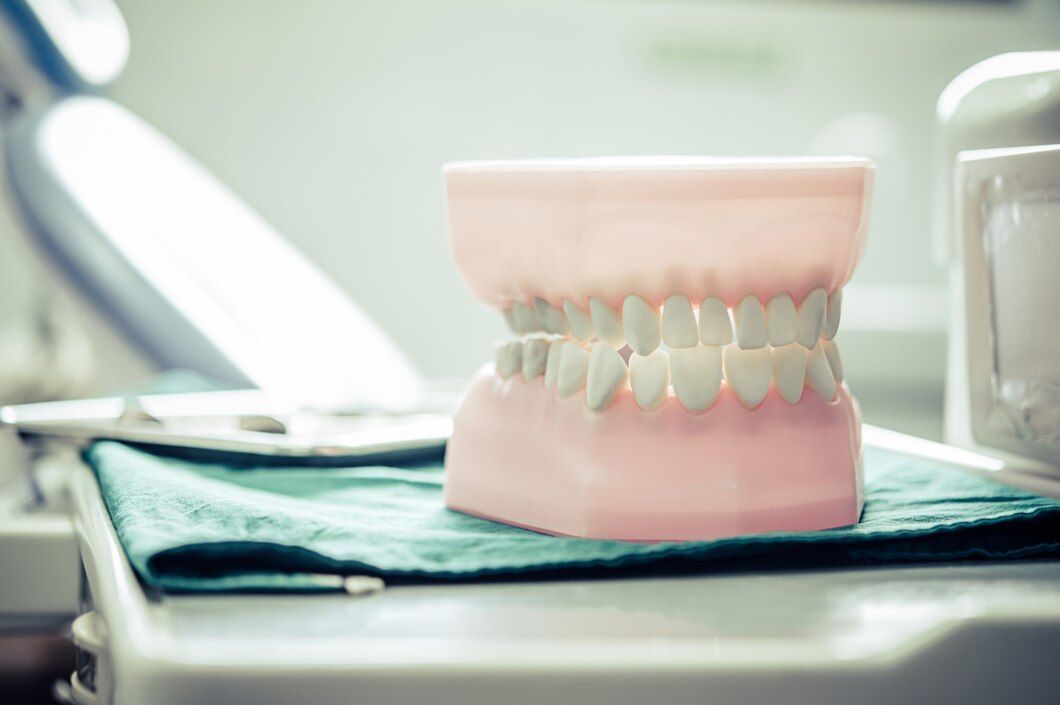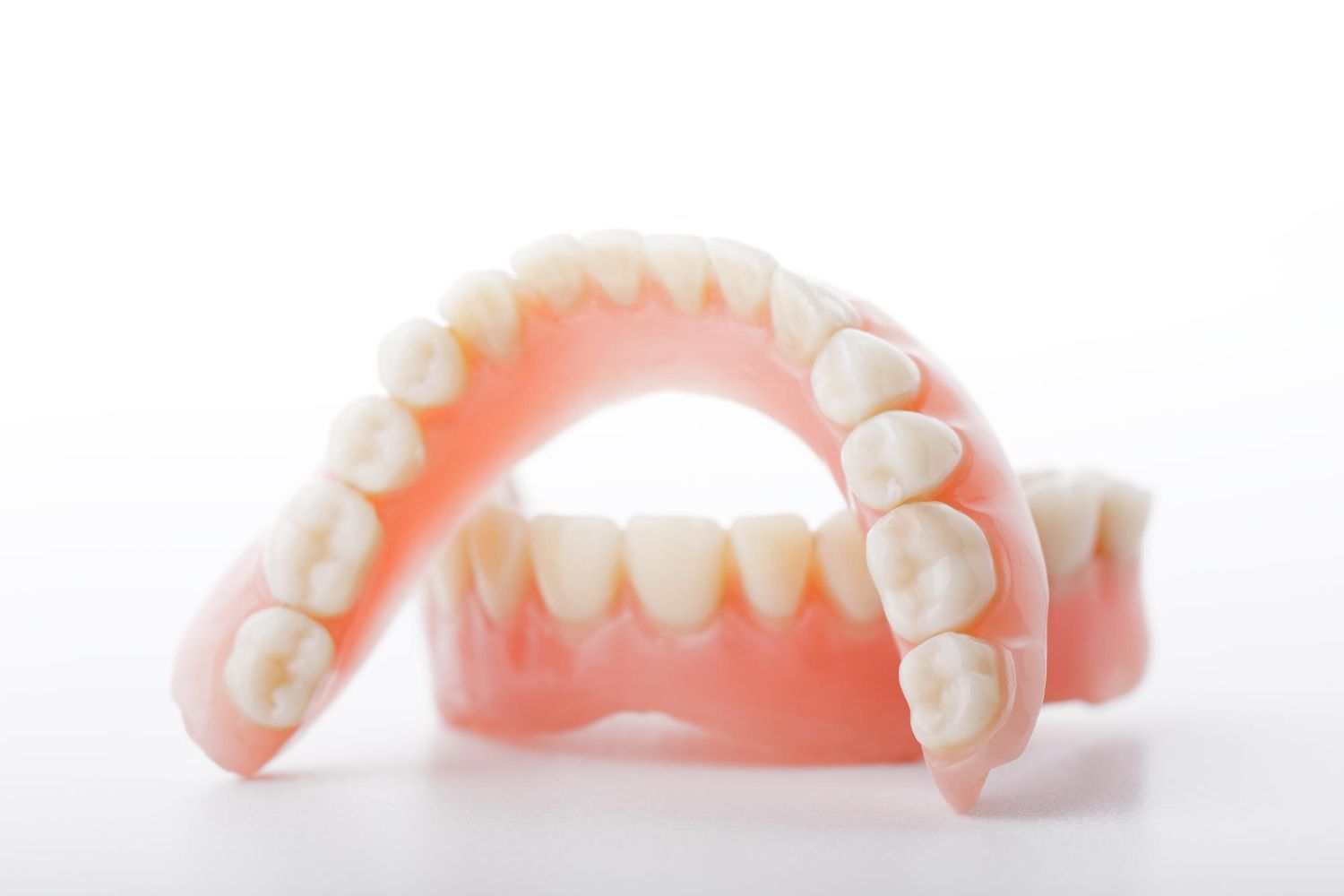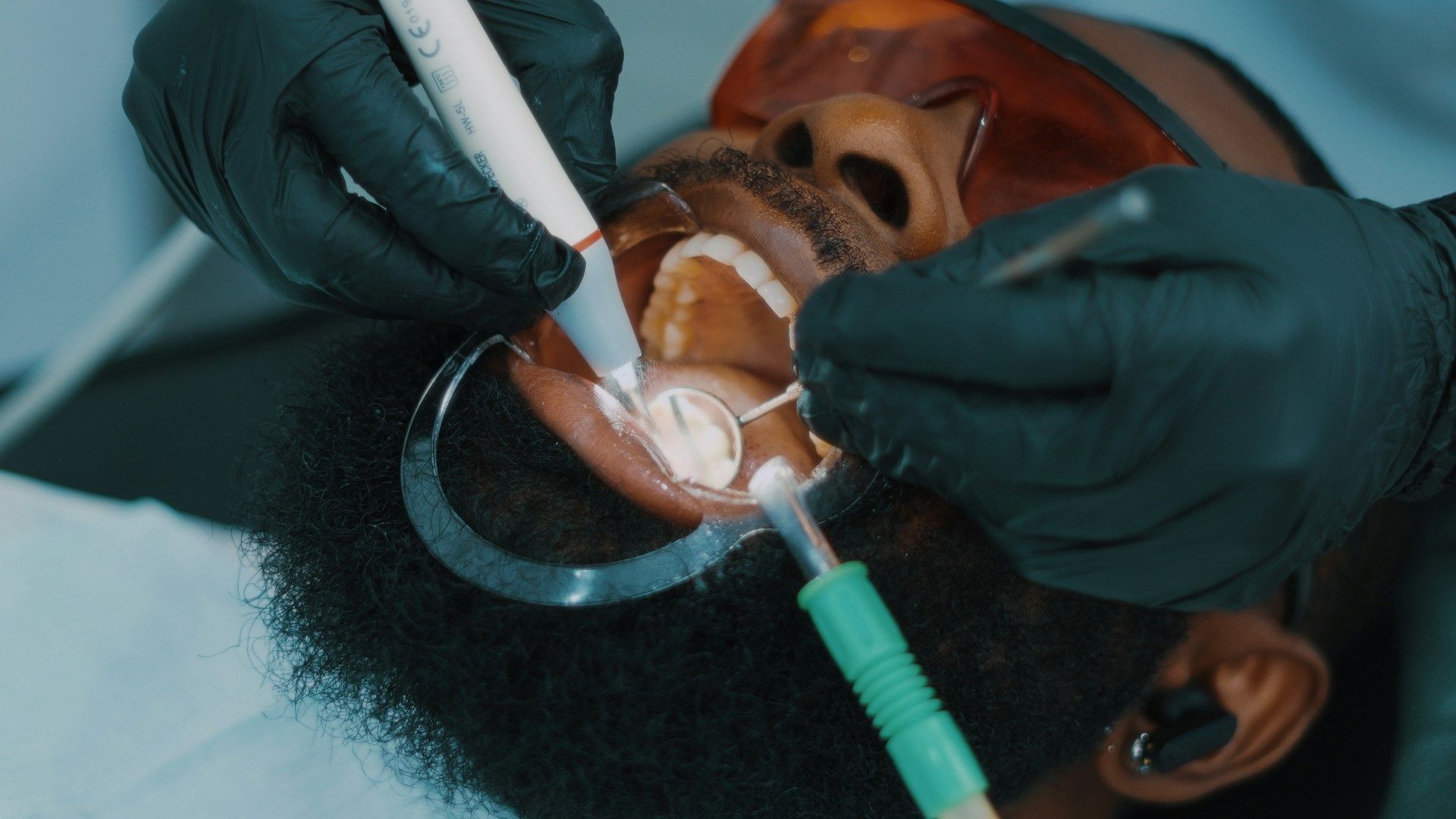Choosing the Best Material for Your Dental Crown
When it comes to preserving your smile and maintaining good dental health, choosing the right dental crown material is crucial. Dental crowns are essential for restoring damaged teeth, whether due to decay, injury, or other issues. They cover the tooth, adding strength and improving its appearance. Selecting the best material for your crown can affect your comfort and confidence long-term.
Understanding Different Dental Crown Materials
Dental crowns are made from a variety of materials, each offering unique benefits. Here are the common materials used for crowns:
- Porcelain: Known for its natural look, porcelain is often used for front teeth. It blends in seamlessly with your existing teeth, offering excellent aesthetic appeal. However, it's more prone to chips and may not be as strong as other materials for back teeth where chewing force is greater.
- Metal: Crowns made of metals, such as gold or platinum, are incredibly durable and resistant to wear and tear. They withstand biting and chewing forces well, making them suitable for molars. Despite their durability, metal crowns are not typically used on visible teeth due to their noticeable metallic color.
- Ceramic: Similar to porcelain, ceramic provides a natural tooth color and is a popular choice for front teeth. It offers better compatibility with the body and is less likely to cause allergic reactions. It combines aesthetic appeal with reasonable strength.
- Composite Resin: This material is a cost-effective option and can be easily repaired if damaged. Composite resin crowns match your tooth color but wear down over time more quickly than other materials.
Each crown material offers distinct advantages and some limitations. Your choice depends on the tooth's position, the forces it will face, and your personal preference for appearance.
Factors to Consider When Choosing Crown Material
Selecting the right crown material involves weighing several factors. Here’s what to consider when deciding:
1. Durability: Depending on the location of the tooth, strength is a crucial factor. For molars, which handle the brunt of chewing, more durable materials like metal might be necessary.
2. Cost: Budget can influence your material choice. Metal crowns, often more expensive, offer longer life spans. Composite resins, while cheaper, may require more frequent replacements.
3. Aesthetic Appeal: For visible teeth, choosing materials like porcelain or ceramic that mimic natural tooth color is essential. Their appearance boosts confidence and blends seamlessly with your smile.
4. Tooth Function: Each tooth has a specific function, either biting, cutting, or chewing. The material should match the functional needs of the tooth it covers.
5. Location in the Mouth: The mouth area where the crown will be placed affects material choice. Front teeth prioritize aesthetics, while back teeth need durability.
Matching the material to your tooth’s location and needs ensures lasting satisfaction and effectiveness in its role. Discuss these factors with your dentist to make the best choice for your oral health.
Benefits and Drawbacks of Common Materials
When choosing a dental crown, understanding the benefits and drawbacks of the available materials is crucial. This knowledge helps you select the best option that suits your needs and preferences.
- Porcelain Crowns: Porcelain crowns are popular for their natural look that closely resembles real teeth. They are ideal for front teeth where aesthetics are important. However, they may not be as durable as metal crowns and could chip over time, especially if you grind your teeth.
- Metal Crowns: Made from gold, nickel, or chromium, metal crowns are extremely durable and ideal for molars due to their strength. While they withstand strong chewing forces, their metallic color makes them less appealing for visible teeth.
- Ceramic Crowns: Like porcelain, ceramic crowns offer a natural appearance but with higher durability. They're a good choice for back teeth and patients with metal allergies. Although slightly more expensive, their resistance to wear is an advantage.
- Composite Resin Crowns: This material is less costly and aesthetically pleasing but not as robust. Composite resin doesn’t endure wear and tear as well, making it more suitable for temporary crowns.
Choosing the right material involves balancing aesthetics, cost, and function. While porcelain and ceramic offer beauty and compatibility, metals provide unmatched longevity, making them vital for areas requiring strength. Understanding these factors aids in making an informed choice.
Making Your Decision: What to Discuss with Your Dentist
Selecting the right material for your dental crown involves much more than just considering price or aesthetics. Having an open conversation with your dentist ensures the best choice for your specific needs.
Begin by discussing your lifestyle. If you frequently engage in activities that stress your teeth, like sports or excessive grinding, mention it. Such information can influence the strength required for your crown material.
Address your potential metal sensitivities. If you have allergies, highlight them. Ceramic or porcelain might be better suited for you since they don’t contain metals that can provoke allergic reactions.
Ask about maintenance and longevity. Some materials require more upkeep than others and affect how long the crown will last. Understanding this helps manage expectations and future care plans.
Your dentist will consider the tooth's location and how it aligns with your overall dental health. Consulting with a professional ensures you receive an individual care plan tailored to your oral health.
Understanding these important factors empowers you to make decisions that enhance both your smile and dental wellness. Trust your dentist to guide you through the process with their expertise for a long-lasting solution.
Conclusion
Choosing the right dental crown material is an important decision that affects both the function and look of your teeth. By comparing the benefits and limitations of porcelain, metal, ceramic, and composite resin, you can make a well-informed choice. Consulting your dentist allows you to weigh key considerations like strength, cost, and aesthetic appeal, ensuring your crown fits perfectly into your lifestyle and needs.
At Premier Dental of Woodhaven, we're dedicated to helping you navigate these important choices. Our team is here to provide personalized advice to find the best full dental crowns for you. Reach out to us today, and let us help you achieve the healthy, confident smile you deserve.




Contact Info
Phone: (347) 474-4566
Business Hours
- Monday
- -
- Tue, Thu
- -
- Wed, Fri
- Closed
- Saturday
- -
- Sunday
- Closed
All Rights Reserved | Dentist Websites by Energize Group


